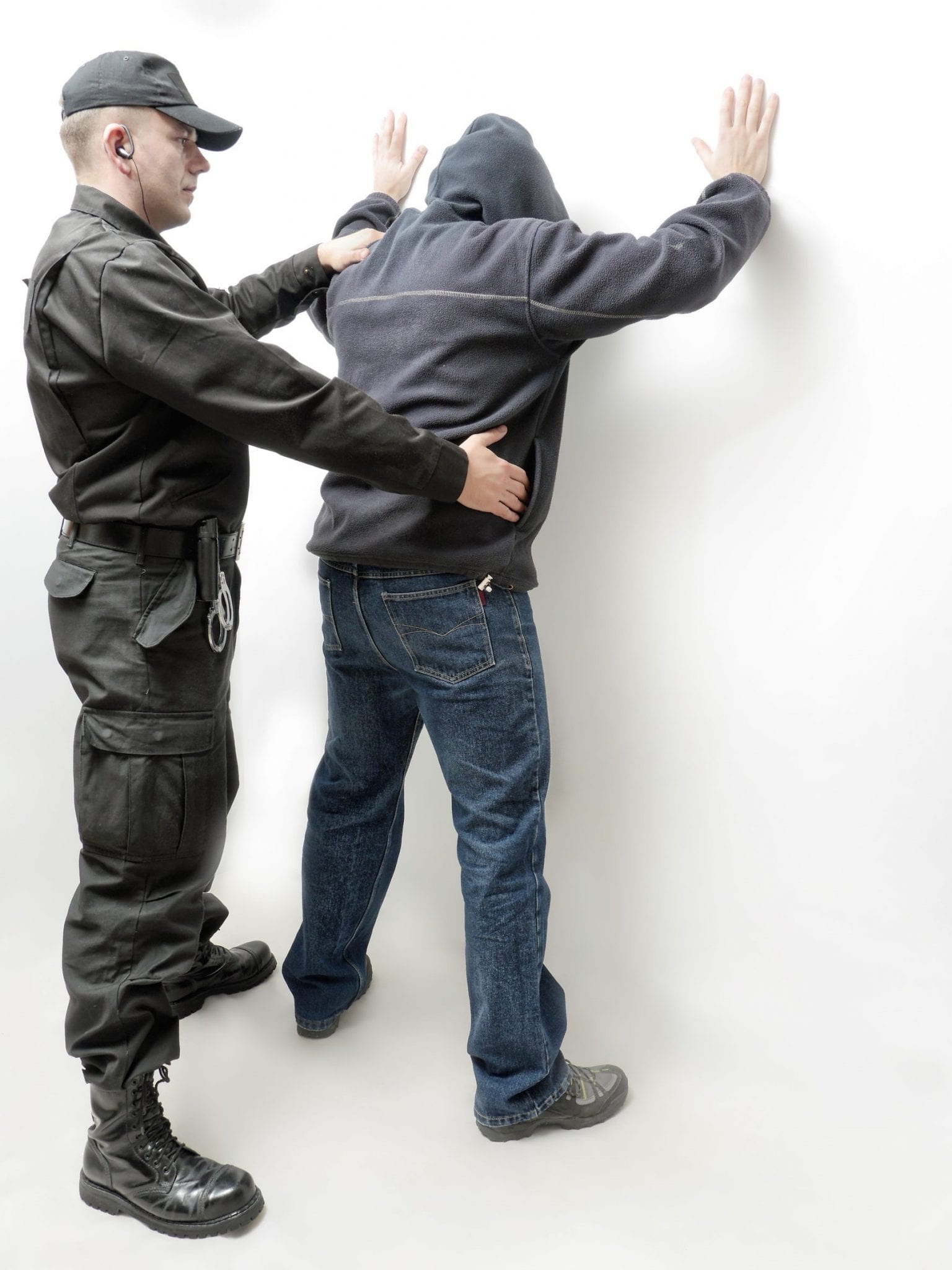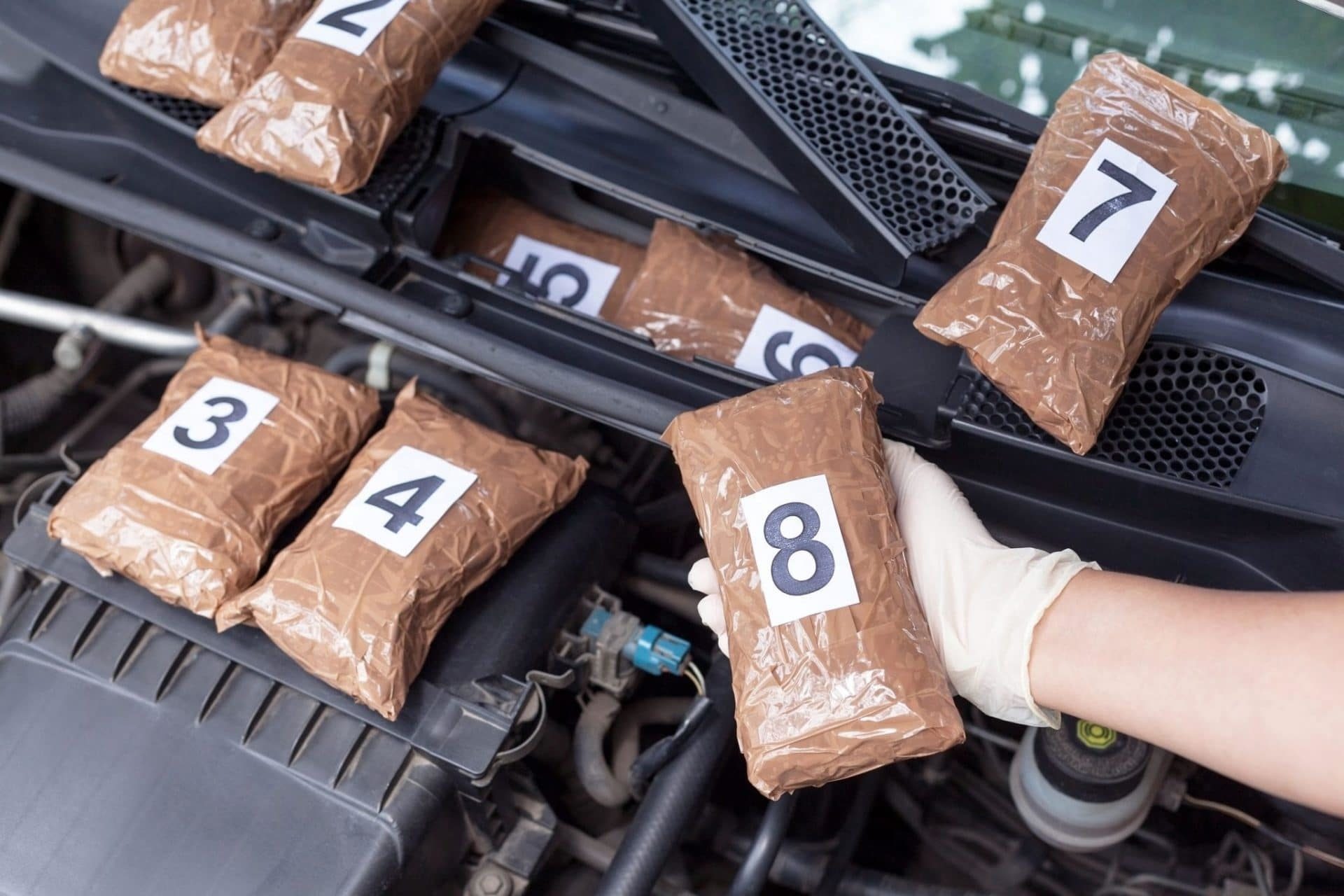The Best Ways to Defend against Illinois State Drug Trafficking Charges
One of the risks of using illegal drugs is that it is relatively common to also be charged with drug trafficking in addition to possession. Technically, trafficking can apply to any drug amount, but trafficking charges are typically associated with larger quantities.
Importantly, even if the drugs were intended for personal use, the type, amount, or weight of the controlled substances in question may lead law enforcement to believe that you are a drug trafficker and press charges accordingly. In other words, if you are alleged to be in possession of drugs over a certain amount, you can charged with trafficking.
To crack down on drug trafficking by large drug rings and cartels, the Illinois legislature passed the Illinois State Drug Trafficking Act. Under this act, drug trafficking is separately charged, and is much more severely penalized than manufacture, distribution, or possession with intent to distribute.
Penalties for Drug Trafficking in Illinois
If convicted of drug trafficking, the offender will be sentenced to incarceration for no less than twice the minimum term and no more than twice the maximum term assigned for manufacture, distribution, or possession with intent to distribute under Section 401 of the Illinois Controlled Substance Trafficking Act.
The prison sentence time varies based upon the type and amount of controlled substance, but can range from several years to multiple decades.
Drug Trafficking Defenses
In order to prove drug trafficking beyond a reasonable doubt, the prosecution must prove that the defendant knowingly brought or arranged transportation of a controlled substance across Illinois state lines. Most drug trafficking defenses are therefore focused upon the possession of the controlled substance and the intent to transport.

Illegal Search and Seizure
The US Constitution’s Fourth Amendment guarantees citizens the right to lawful search and seizure procedures. Many times the police do not conduct a search and seizure legally, so illegal search and seizure defenses are common in drug trafficking and possession cases.
If the drugs are discovered during a traffic stop, the stop must be made legally, and the illicit substance must be “in plain view,” such as the car’s dashboard. If the arresting officer(s) search the vehicle without the consent of the driver, any illicit substances or other forms of evidence would be obtained illegally.
If the illicit substance is discovered at a place of residence or business, the police must have a search warrant to search the premises, and any procedures used for the search must be outlined in the warrant.
The controlled substance in question is typically the primary evidence for drug trafficking, and any evidence obtained illegally is not admissible in court. A competent defense attorney will ensure that the defendant’s rights to legal search and seizure were not violated.
Duress
If the defendant committed the offense under reasonable threat of inescapable, grievous bodily harm, a duress defense may be appropriate. In this case, the defendant was deprived of free will to commit the crime, so cannot be held accountable.
Compulsion
In some cases, the defense may be able to argue that the defendant’s addiction to controlled substances compelled commission of drug trafficking. Although this defense is unlikely to result in an acquittal, it may be effective in plea bargaining.
Entrapment
Law enforcement often uses undercover sting operations to catch drug traffickers. However, if the undercover officer or informant compels the defendant to commit a crime that he or she would not otherwise commit, this is known as entrapment. A skilled defense attorney will make sure that proper procedures were followed if the arrest was made as a part of an undercover operation.
Crime Lab Analysis
In order to prove that the defendant was in possession of controlled substances, the prosecution must prove that it is indeed the alleged substance by sending it to a crime lab for analysis. Further, appropriate chain of custody procedures must be followed to document the transport of samples. If these procedures are not followed, the prosecution cannot prove that the defendant was in possession of the alleged controlled substance.
Lack of Knowledge
To successfully convict the defendant of drug trafficking, the prosecution must prove that the defendant knowingly transported a controlled substance. The controlled substance must be in the personal possession of the defendant or under his or her control when discovered.

In some cases, the defendant may not have knowingly transported the drugs. For example, the defendant may have unknowingly borrowed or rented a car with illicit substances stashed in the dashboard. In this case the element of intent is not present, and the defendant cannot be proven guilty beyond reasonable doubt.
If you or a loved one are facing drug trafficking charges, the consequences may be life-altering. Retain the best available drug trafficking defense attorney as early in the process as possible. He or she can help make sure that your rights are protected during the investigation and trial, and build the best possible defense to maximize your chance of a favorable outcome.
About the Author:
Andrew M. Weisberg is a former felony prosecutor who now serves as a defense attorney in the greater Chicago area. He has extensive experience in handling all types of criminal cases, from sex offenses and domestic violence to retail theft-related crimes, murder, and drug crimes.







 Blog Home
Blog Home 










